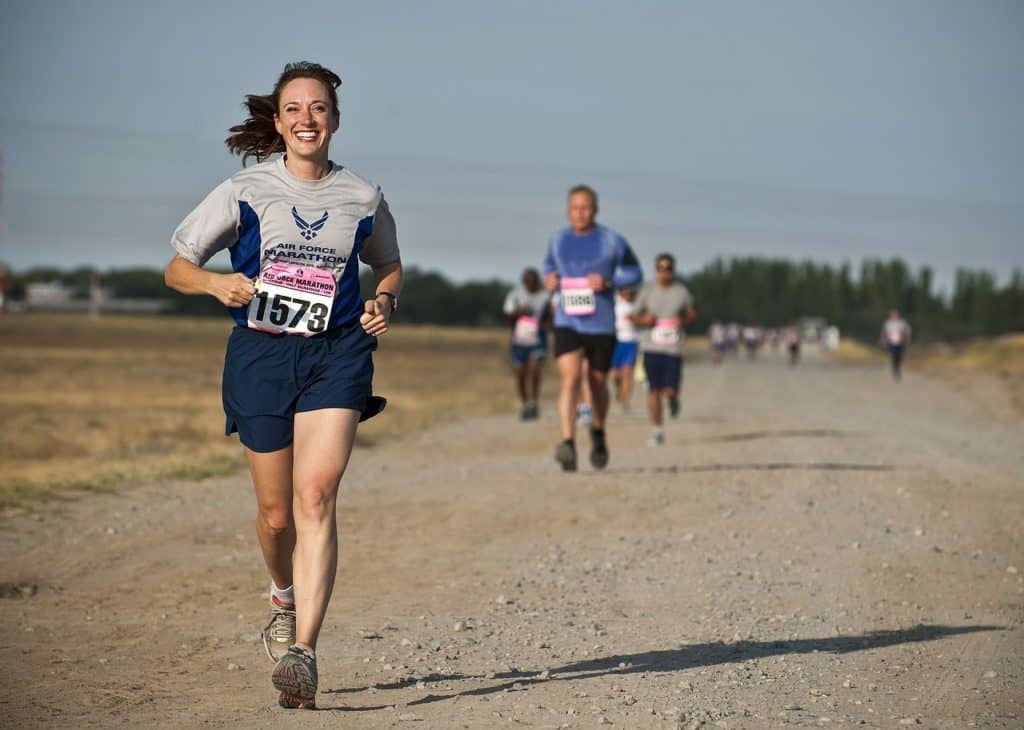Athletes extend more energy daily, burn more calories, and require more “fuel” than your average Jane or Joe. But do they also need more rest than less active individuals? When I think back on my days of training runs and strenuous hikes, I recall the exhaustion felt after. However, this is not a daily occurrence for me, as it is for those who sport for a living or for extreme recreation. Whether you’re a professional, collegiate, high school or a recreational athlete, we have found out that more sleep can have a significant positive impact on performance.
Researcher Cheri Mah has been studying the sleep needs of athletes for many years at the Stanford Sleep Disorders Clinic. According to a recent article on her work in Very Well, Mah has monitored how sleep habits affect a variety of Stanford athletes. Her research continues to show that the amount of sleep an athlete gets greatly impacts performance.

“This is particularly important for collegiate and professional athletes who have full schedules and often travel for games and competitions. Athletes can easily fail to get regular, consistent hours of sleep. This lack of sleep, or ‘sleep debt’, appears to have a negative effect on sports performance, as well as cognitive function, mood, and reaction time, “ says Mah.
Just like you need to eat smart when training so your body can burn the right kind of fuel efficiently, you also need to rest smart so that your body can repair properly. The amount of sleep required is based on the individual, but anywhere from 9 to12 hours can provide the support needed to allow the body to rest and repair. It only makes sense that when pushing your body to physical and mental extremes, you would need to replenish those reserves.
According to an article in Fatigue Science, there are several researched measurements of the impact of sleep on professional athlete’s performance. Here are a few fun facts from the piece:
- By incorporating adequate sleep into their routine, tennis players get a 42% boost in hitting accuracy
- Sleep improves split-second decision making ability by 4.3%
- After 4 days of restricted sleep, athletes’ maximum bench press dropped 20lbs
- Roger Federer gets 11 to 12 hours sleep per night
- Lebron James gets 12 hours of sleep per night
For athletes, sleep deprivation can equal loss of agility, coordination, and speed. More sleep is encouraged to enable athletes to reach their peak performance abilities. In fact, many think sleep is one of the most important parts of daily training.
That said, don’t fret: one restless night won’t do you in. According to Mah, as long as positive sleeping habits are put into practice the majority of the time, a sleepless night prior to a game or race, typically caused by pre-event jitters, should not impact the body in a long term negative way. So take a cue from Lebron, log those hours to recharge and maximize your competitive edge.


























